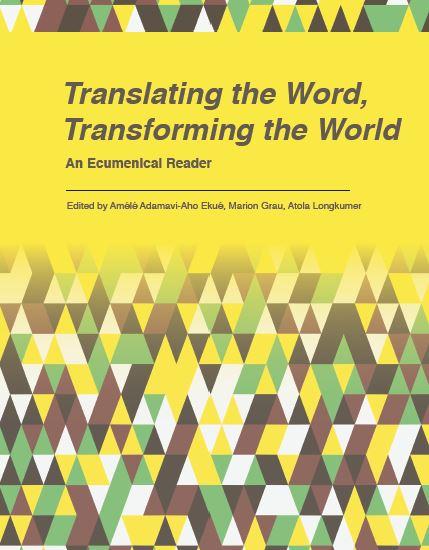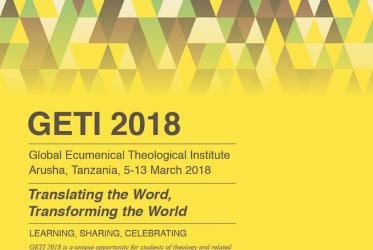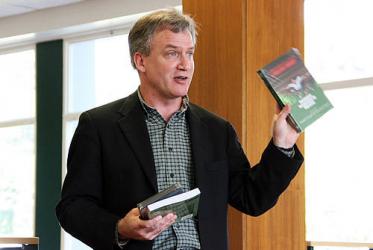Displaying 1 - 8 of 8
03 November 2022
WCC conference explores ecological injustice in Uganda
21 April 2016
Migration and theological method
09 March 2011
Christians are "called to care for creation"
11 August 2010
WCC fills six key staff leadership positions
18 April 2007





